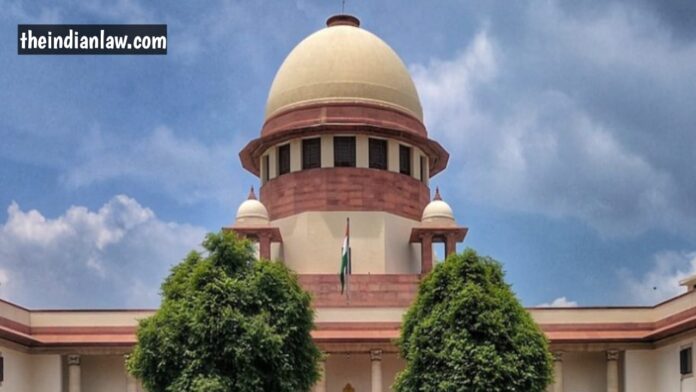Why the Supreme Court intervened 🏛️
The case, Phireram vs. State of Uttar Pradesh & Anr., arose after the Allahabad High Court dismissed a bail cancellation application from a murder victim’s family. The family claimed the accused was threatening witnesses, a clear violation of bail conditions. Instead of addressing the bail violation, the High Court simply directed the family to seek protection under the Witness Protection Scheme.
The Supreme Court found this approach to be a fundamental legal error. It noted that it had encountered over 40 identical orders from the Allahabad High Court in the last year, a practice it called “dismaying” and a non-application of judicial mind.
The Critical Distinction: Bail Cancellation vs. Witness Protection ⚖️
The core of the Supreme Court’s judgment lies in its clarification of the distinct roles of these two legal tools.
- Bail Cancellation: A Preventive Measure
- This is a judicial function exercised by the courts.
- Its purpose is to prevent an accused person from misusing their liberty to tamper with evidence or intimidate witnesses.
- When an accused violates the conditions of their bail, canceling it is a direct way for the court to preserve the integrity of the trial.
- Witness Protection: A Remedial Measure
- This is an administrative scheme run by the state, outlined in the Witness Protection Scheme, 2018.
- Its purpose is to remedy a situation where a witness is already facing threats or intimidation.
- The measures provided, such as police escorts, in-camera trials, or even a change of identity, are designed to protect the witness, not to control the behavior of the accused.
The court stated that substituting one for the other would “denude the court of its authority” and render the provisions of bail cancellation meaningless. This ruling sends a clear message that courts must actively use their judicial power to ensure a fair trial, rather than simply passing the responsibility on to an administrative scheme.
Broader Implications of the Ruling
This judgment is not just a correction of a procedural error; it’s a reaffirmation of several key legal principles:
- Judicial Accountability: The court’s strong criticism of “cyclostyled” orders underscores the need for judges to apply their minds to the specific facts of each case. Every decision must be well-reasoned and legally sound.
- Role of Public Prosecutors: The Supreme Court also criticized public prosecutors for failing to assist the court and, in some instances, even suggesting that complainants be directed to the witness protection scheme instead of arguing for bail cancellation. This highlights their crucial duty to uphold justice and guide the court correctly.
- Sanctity of the Trial Process: The ruling reinforces that the liberty of an accused person is not absolute and is always subject to the overriding imperative of a fair and unpolluted trial. The protection of witnesses is fundamental to this principle.
This landmark decision clarifies the law and sets a precedent for courts across India, ensuring that the protection of witnesses is not used as a pretext to avoid the necessary cancellation of bail for a lawless accused.


